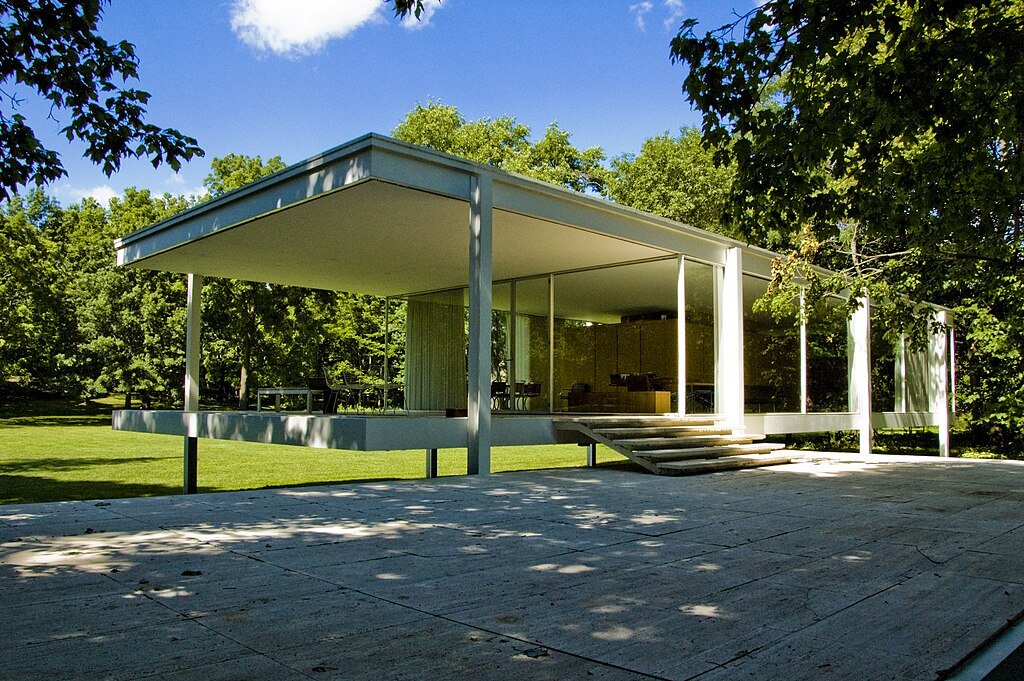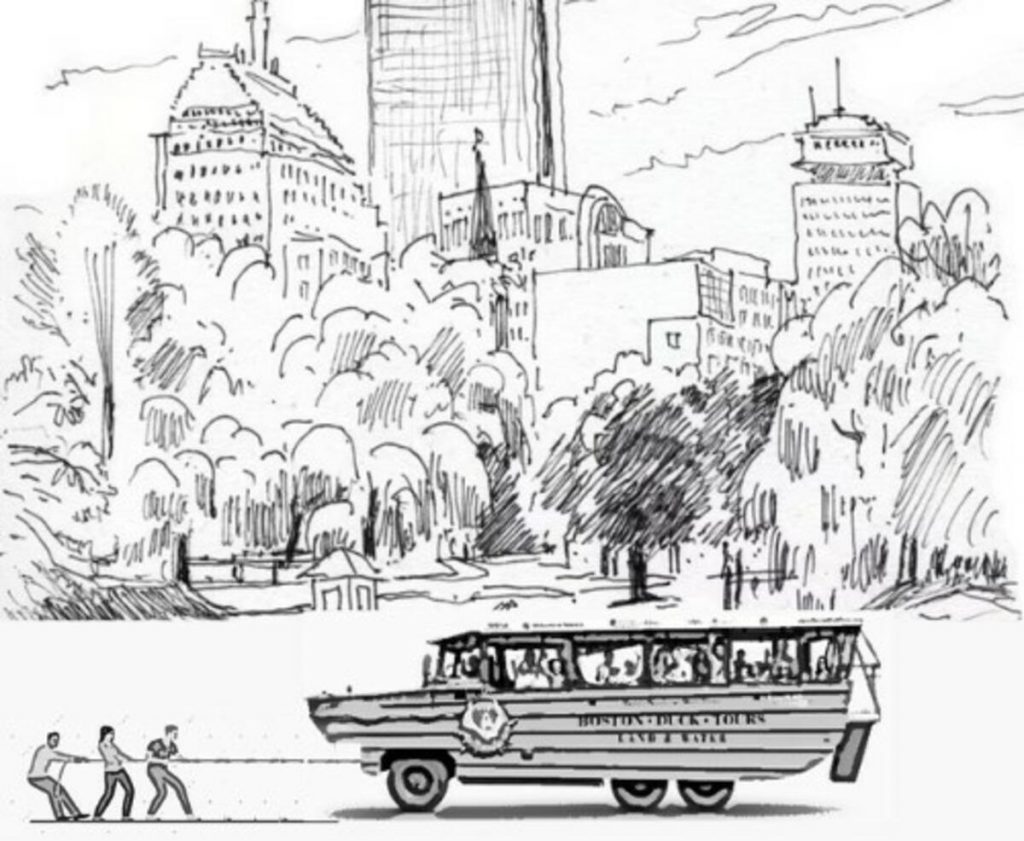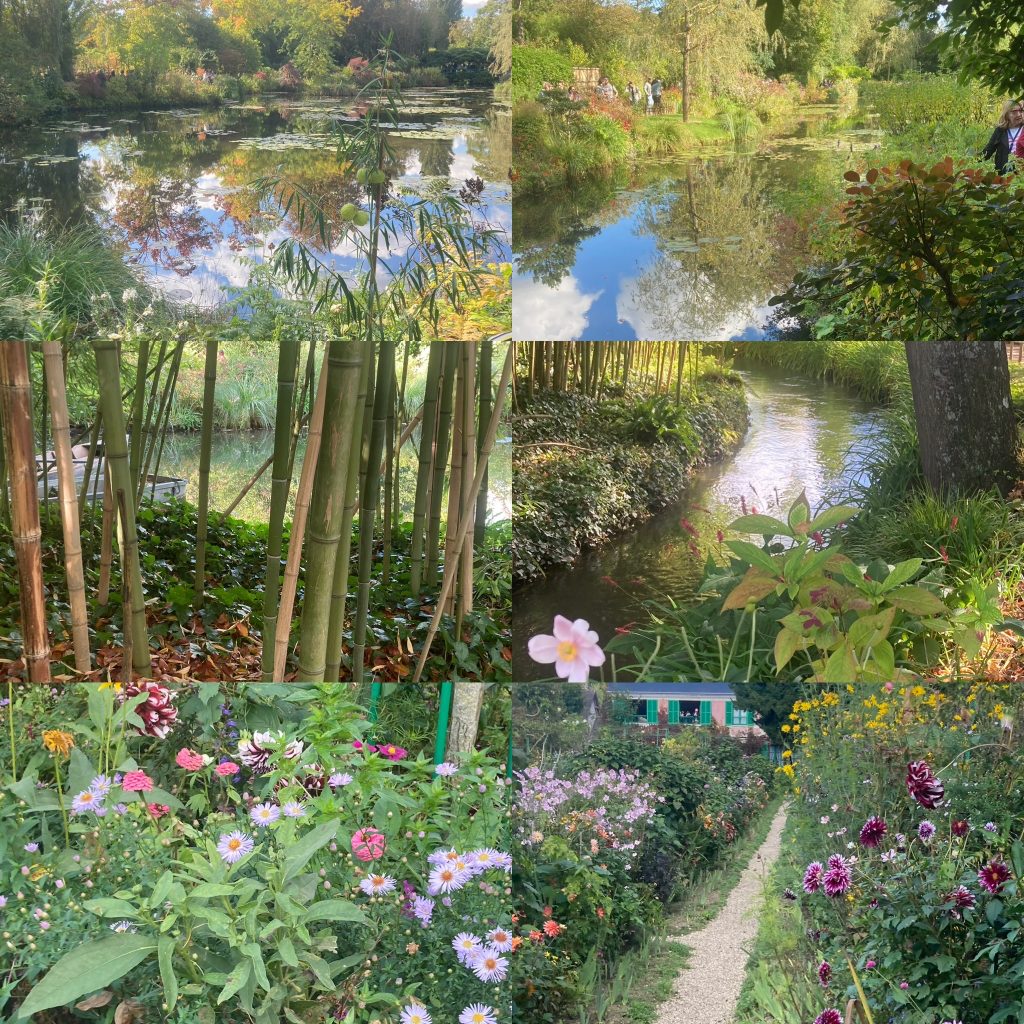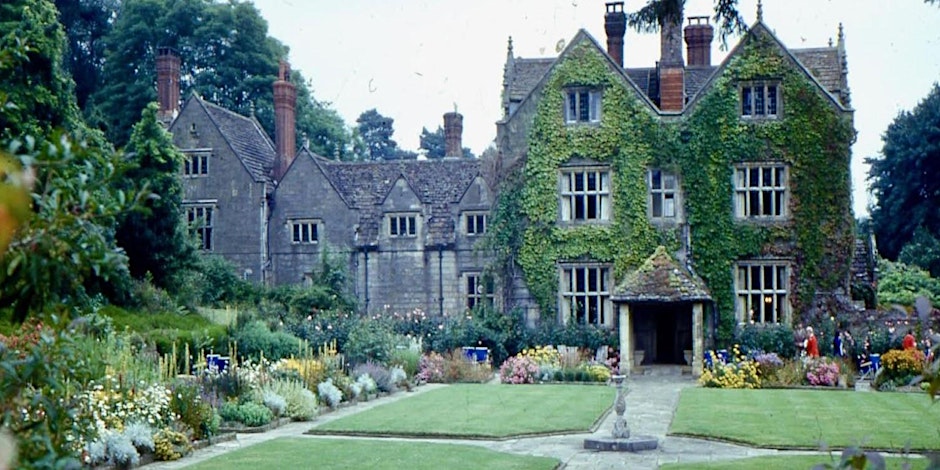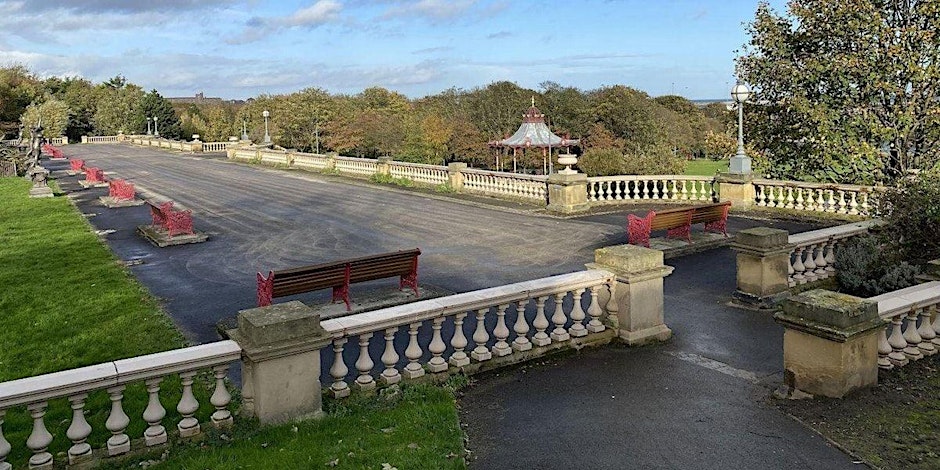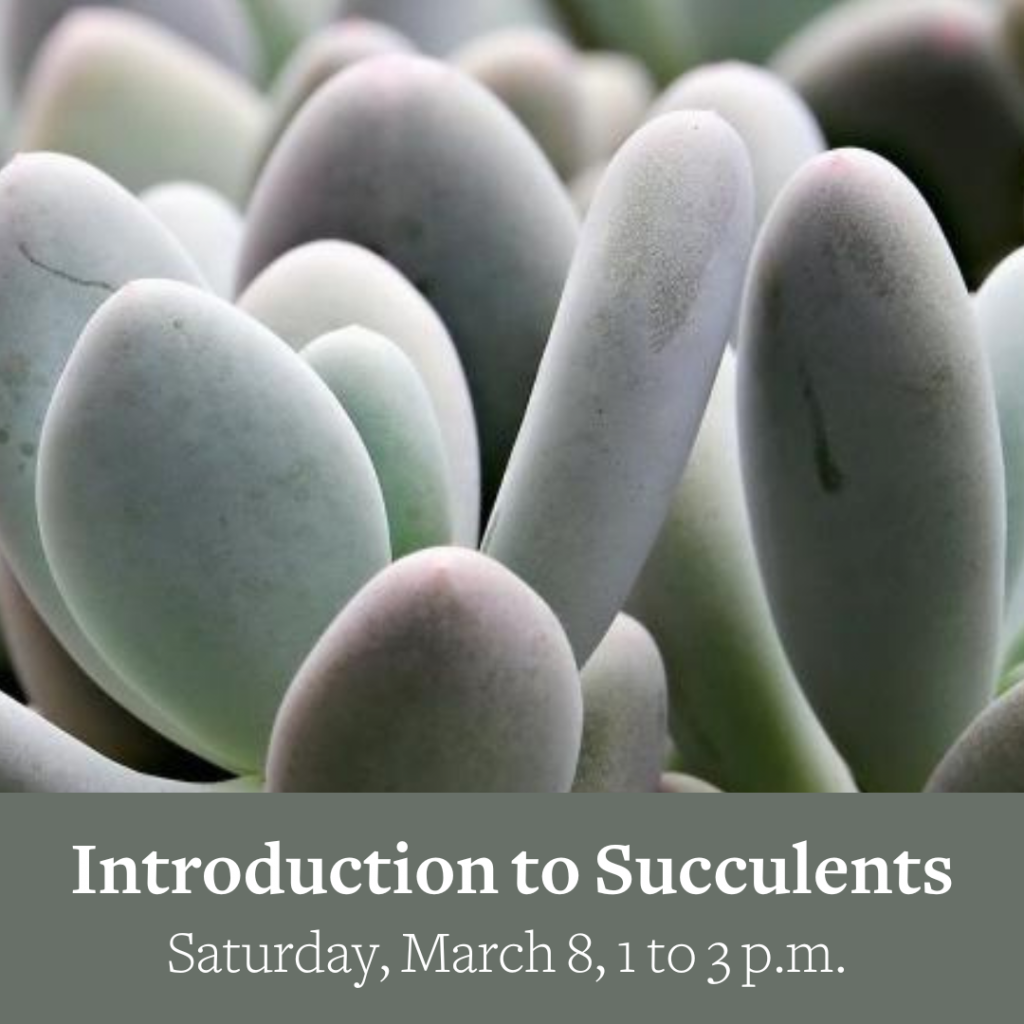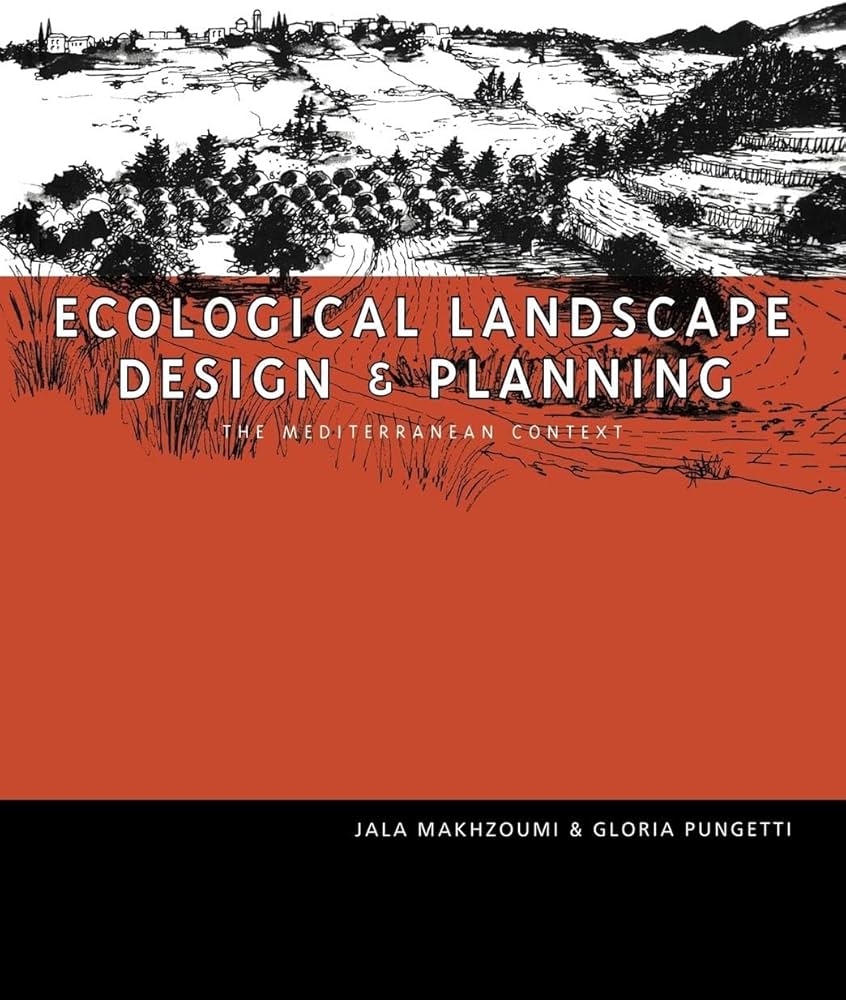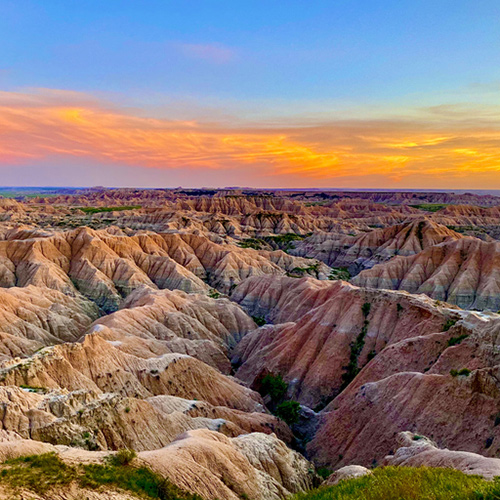This is the third program in the Morven Museum’s 2025 Grand Homes and Gardens Speaker Series, The Quality of Doing: Mid-Century Modern Grand Homes & Gardens, featuring four scholars who will look at the work of Mid-Century Modern architects and designers through the lens of landmark homes and gardens across the United States. Learn more about the series and purchase series tickets.
A careful balance of humanity, art, and nature, the iconic Edith Farnsworth House was built as a weekend retreat for its namesake, prominent Chicago nephrologist, musician, and poet Dr. Edith Farnsworth. The house was the first domestic project in America for architect Ludwig Mies van der Rohe and would serve as a pivotal moment for his long career. This talk with Nora Wendl, Associate Professor of Architecture at the University of New Mexico, will examine the design influence and direction of Dr. Farnsworth in artistic and professional partnership with van der Rohe, drawing from her forthcoming book Almost Nothing: Reclaiming Edith Farnsworth (University of Illinois Press, publication date May 20, 2025).
All talks begin at 6:30 p.m. in Morven’s Stockton Education Center. Doors and the virtual waiting room open at 6:00 p.m. A Zoom link will be sent to all virtual participants upon registration. Light refreshments inspired by each site will be provided for in-person attendees. Please note our speaker will be joining this program via Zoom and streamed live for our in-person audience in the Stockton Education Center.
Nora Wendl is a writer, artist and educator who uses disciplinary strategies drawn equally from literature, visual art, historiography and architecture to amplify overlooked or suppressed narratives within the built and unbuilt environment. She holds the position of Associate Professor of Architecture at the University of New Mexico.
She has also held residencies at Jack Straw and Coast Time, and has exhibited and lectured widely, including at the School of the Art Institute of Chicago, the Venice Biennale, and TU Delft (Netherlands). She is at work on a book that revises the history of the Dr. Edith Farnsworth House (Plano, Illinois, Mies van der Rohe, 1951) through an embodied, feminist lens, as well as an exhibition that reflects on her engagement with the artifacts of this history. Toward this end, she has workshopped the book at Tin House (Portland, Oregon, 2017), and has exhibited the visual component of it at Albuquerque-based galleries Central Features Contemporary Art and Sanitary Tortilla Factory in 2018—most notably in the exhibition Beautiful Test Sites/Now I am become death with artist Mitchell Squire.
Wendl is co-author of Ave Maria (Savannah: A-B Editions, 2016), with photographer Rylan Steele, with whom she was named a finalist for the 2015 Lange-Taylor Prize from the Duke University Center for Documentary Studies. Wendl is also co-editor of Contemporary Art About Architecture: A Strange Utility (Ashgate, 2013) with Dr. Isabelle Loring Wallace. She is published in 306090, Architecture and Culture, Forty-Five, Journal of Architectural Education, Offramp, On Site: Review, Studies in the History of Gardens and Designed Landscapes, and Thresholds.
This program is sponsored by Mrs. G Appliances. The 2025 Grand Homes and Gardens series is sponsored by Bryn Mawr Trust.


